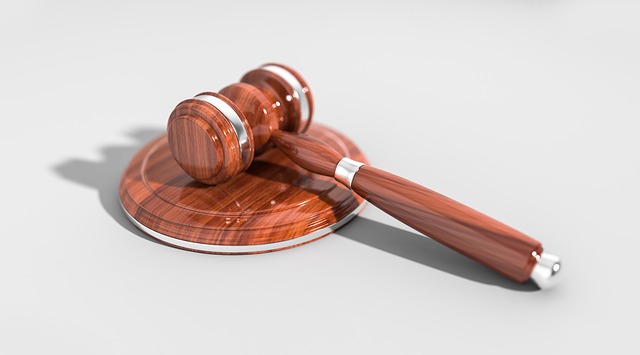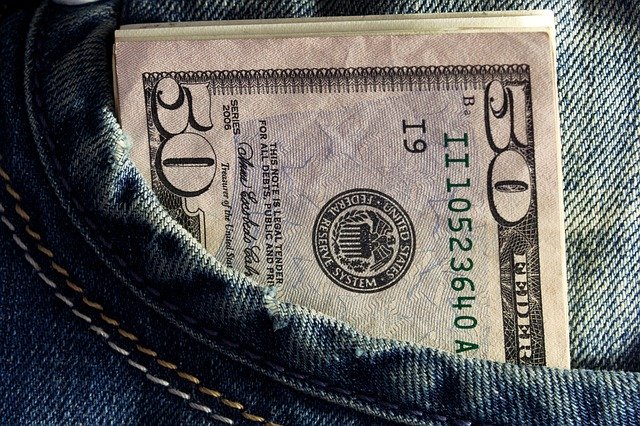Understanding The Federal Crime of Bankruptcy Fraud
As projections say that millions of Americans will file for bankruptcy in the coming months, it’s a good idea to review the federal crime of bankruptcy fraud. According to the US Department of Justice, one out of every 10 bankruptcy filings involve some element of fraud.
While this is not a bankruptcy law office, we are attorneys who defend people from federal fraud charges. Your bankruptcy attorney might be able to keep you from getting accused in the first place, but if that fails you’ll need a federal criminal defense attorney.
What is bankruptcy fraud?
There are a number of ways a person can commit bankruptcy fraud.
- Failing to list all creditors and assets on bankruptcy paperwork.
- Making a fraudulent property transfer.
- Providing false documents to the trustee, or making false statements at the 341 meeting of creditors.
- Hiding property from the court.
- Prior to bankruptcy, obtaining credit under false pretenses. This can include misrepresenting your income on a credit card application or loan application.
- Buying “luxury” items on credit beyond certain limits, knowing that you don’t intend to pay it back because you intend to file for bankruptcy.
- If you’re filing a Chapter 11, engaging in any false or deceptive business practices to defraud customers, creditors, or shareholders.
There are also forms of bankruptcy fraud that prey on people who are attempting to file. For example, in Los Angeles, Pro Publica uncovered fraudsters who prepared shoddy cases just to “buy clients time.” Some of these people weren’t even lawyers.
What are the defenses to bankruptcy fraud?
Bankruptcy fraud is one of those crimes that must be committed willfully. That is, you have to know you’re committing fraud and intend to do it. Simply making a mistake on your application because you’re forgetful or confused does not make you a fraudster. If we can present evidence that the alleged fraud was a simple mistake we might be able to clear your name.
Another defense is the “legitimate purpose” defense. That is, the action that your creditors are trying to paint as a fraudulent one has a perfectly legal purpose and explanation.
Finally, there are some cases where you can present evidence that you attempted to correct the problem as soon as you noticed it.
What are the consequences of bankruptcy fraud?
You can go to federal prison for up to 20 years and be fined up to $250,000. You should take charges of bankruptcy fraud very seriously and do what you can to secure an experienced white collar and federal crimes lawyer as soon as you can.
If you’re in trouble, don’t wait. Contact Koch Law to get help today.
See also:
3 Myths About White Collar Crime



